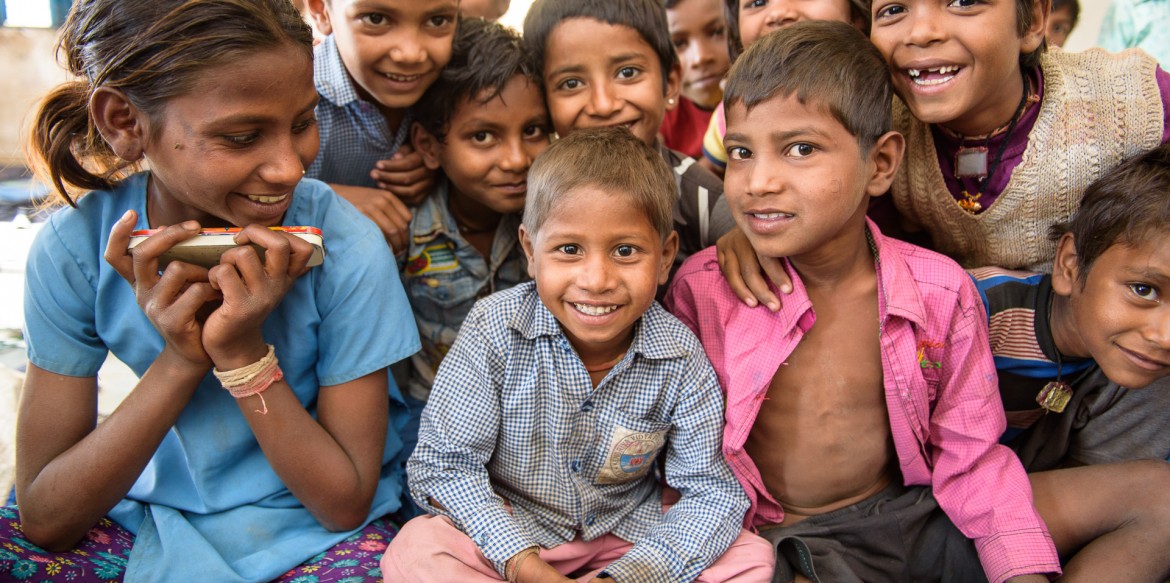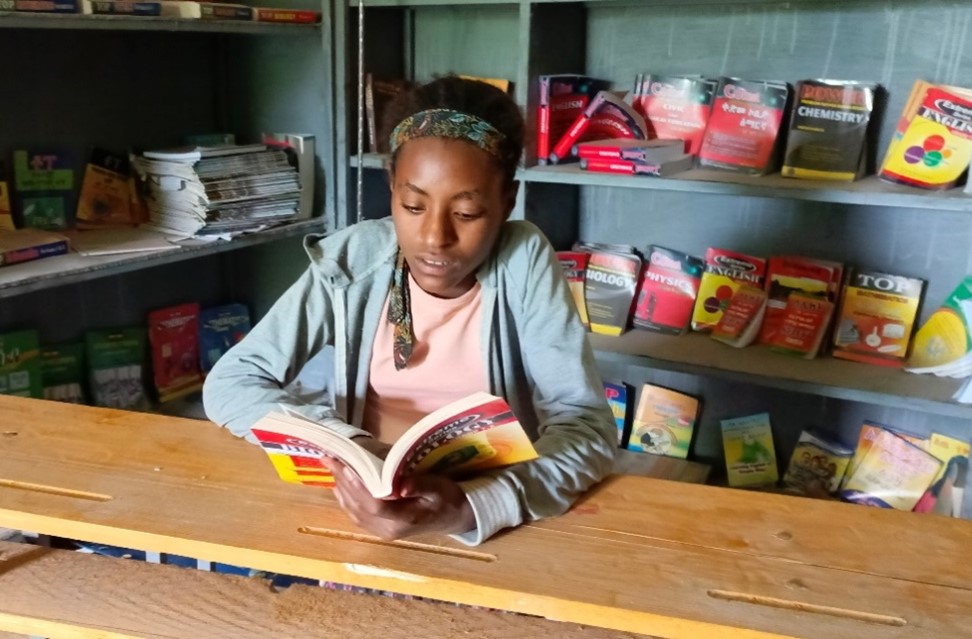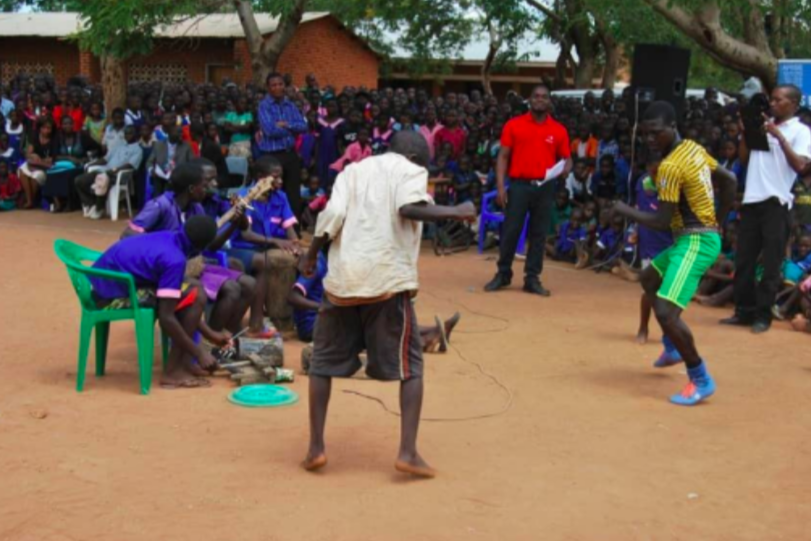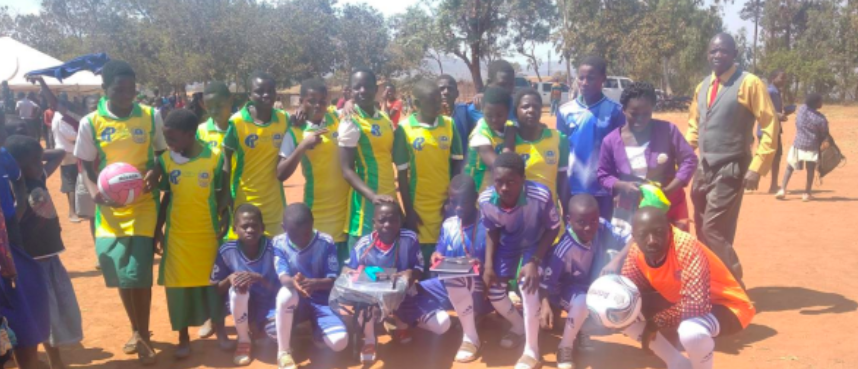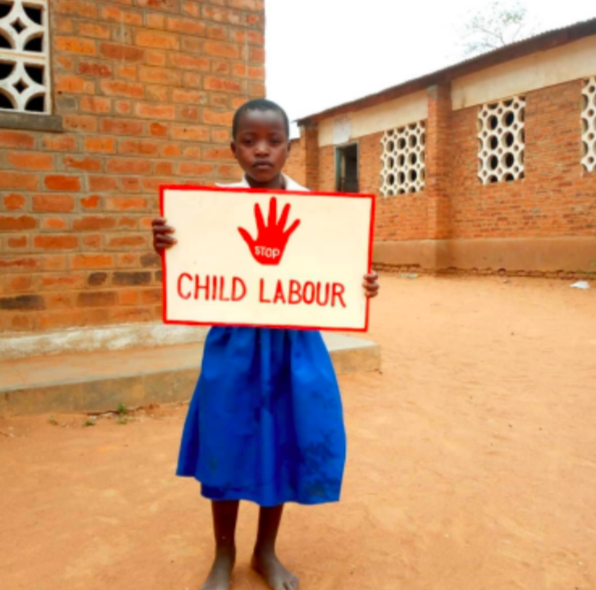In October 2016, the Stop Child Labour coalition commissioned an external evaluation of its ‘Out of Work, In to School’ programme, that ran from May 2014 to April 2017 and is funded by the Netherlands Ministry of Foreign Affairs. The aim of the programme was to establish child labour free zones using an area-based approach in Asia, Africa and Latin-America, and to mobilize Corporate Social Responsibility (CSR) initiatives and companies to actively address child labour in their full production and supply chains in order to contribute to the creation of child labour free zones and child labour free supply chains. To further support this process and achieve multiplier effects the programme also included a Northern component of lobby and advocacy and public campaigning to mobilise policy makers, companies and consumers to be part of the solution.
The objective of the evaluation was to reflect on the results, implementation, and design of the “Out of Work” programme and to provide the stakeholders with recommendations to ensure the sustainability of the results of the programme. The evaluation team was also asked to identify recommendations for further upscaling and/or adjustment or innovation of the Stop Child Labour approach if possible and necessary. For the evaluation a selection was made of 4 different case studies (3 in India, 1 in Uganda) and an in-depth field study of the projects in Mali, to reflect the diversity of the activities and projects. Also the lobby and advocacy component of the programme in the Netherlands was evaluated as well as the relationship with and expectations and needs of SCL partners engaged in this programme.
Stop Child Labour considers the overall quality of the evaluation report to be good. The evaluation provides many valuable recommendations. These recommendations are useful and relevant for both the coalition members as well as the SCL local partners. SCL found in particular useful the recommendations for its programme and activities from a business perspective, especially since SCL will be working more intensively together with companies and CSR initiatives. It appears that many of these lessons have already been taken up and/or will be further incorporated in the next programme. We agree that some activities could certainly be further intensified, structured and more focused in the future. The evaluation gives some very concrete ideas on how to deal with this.

